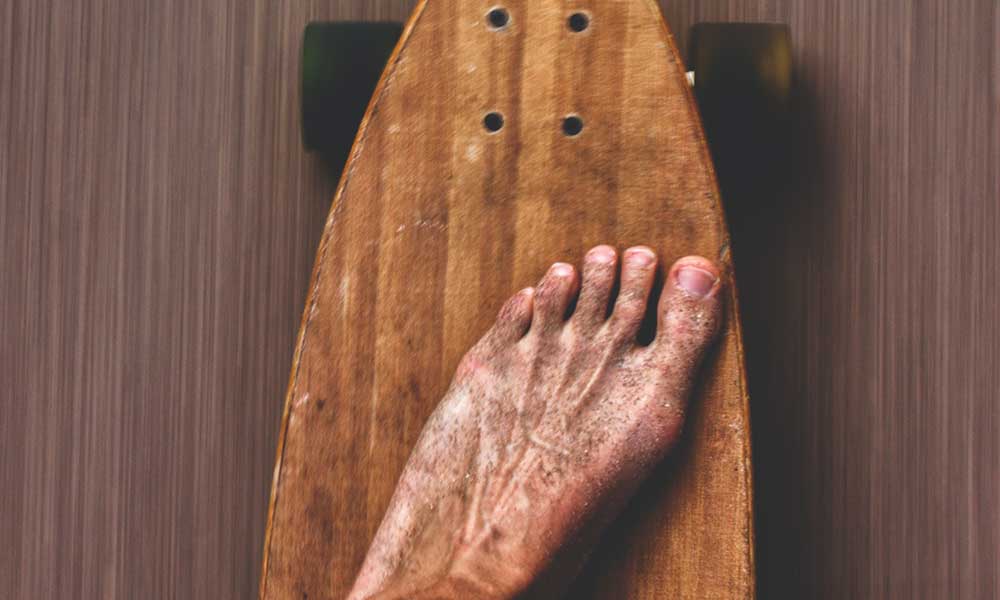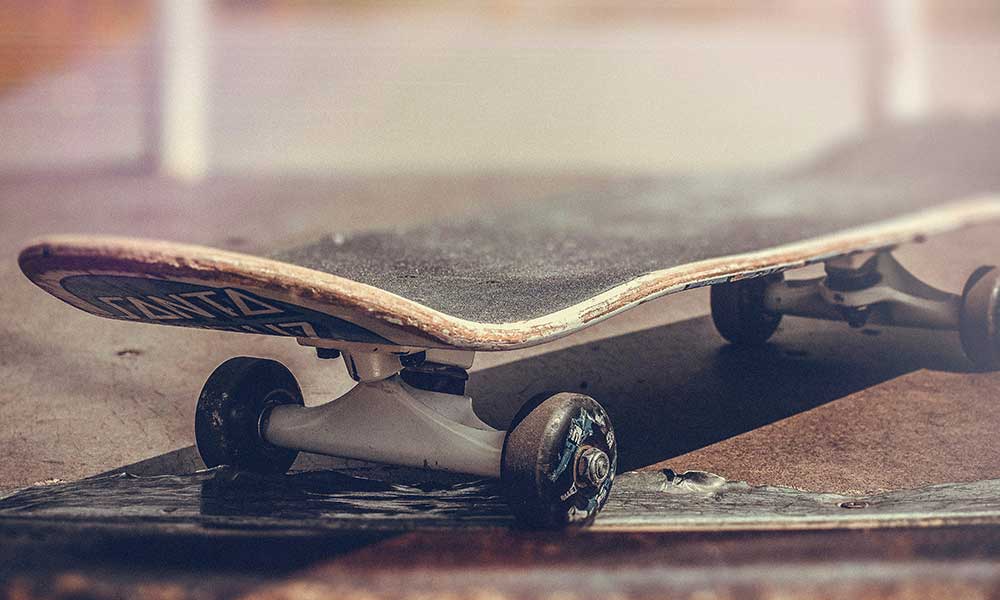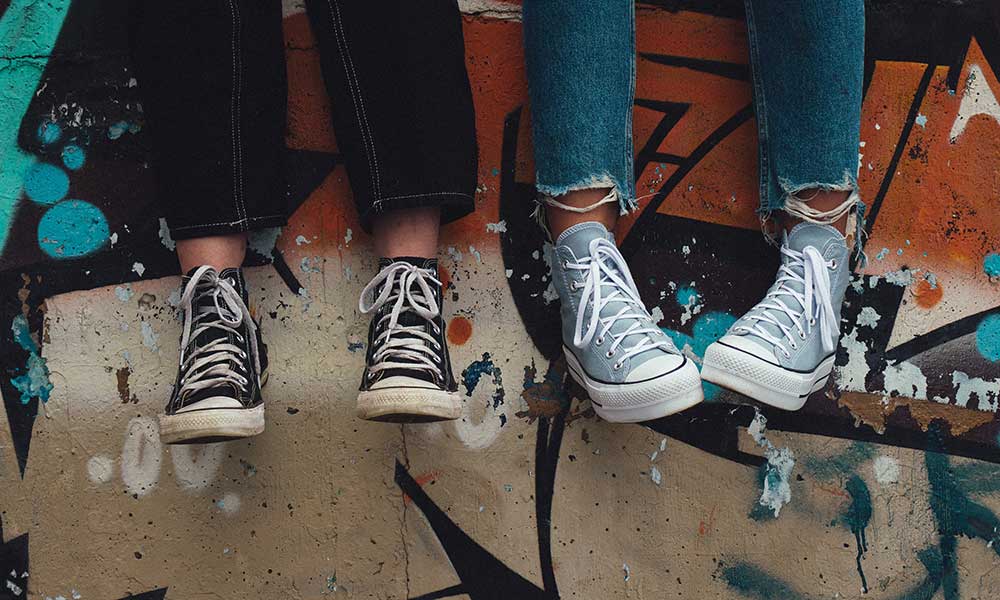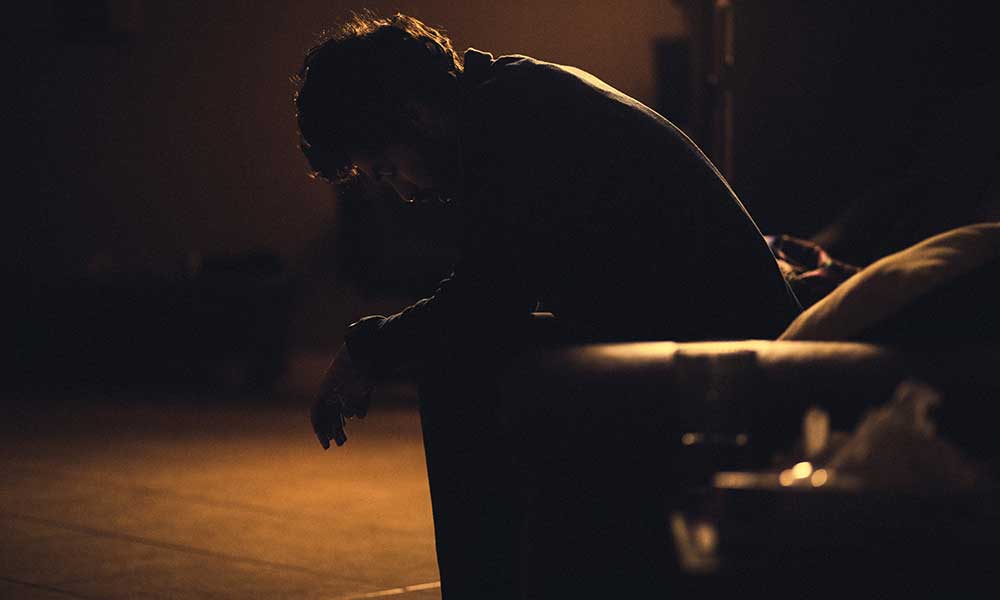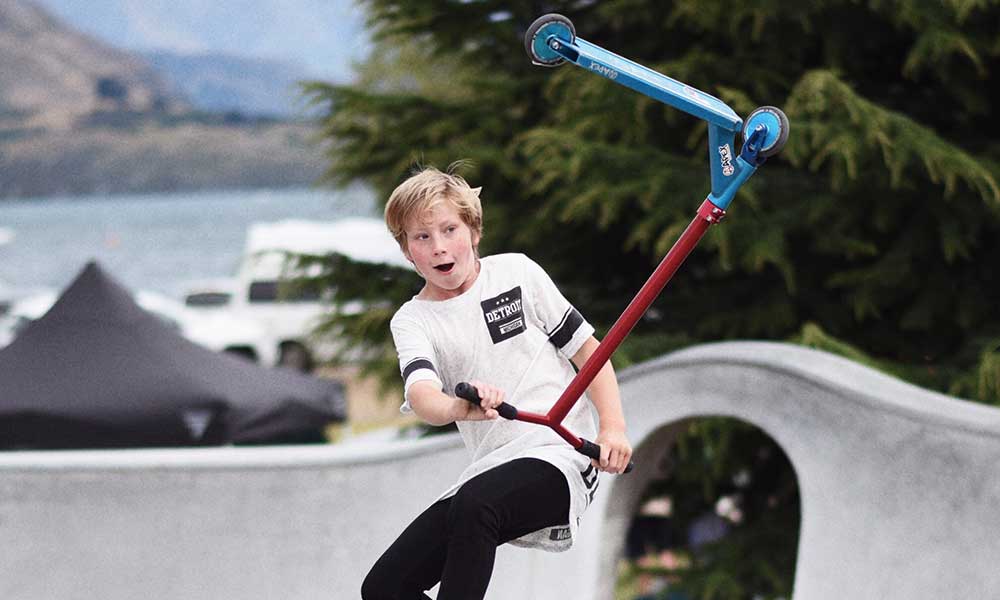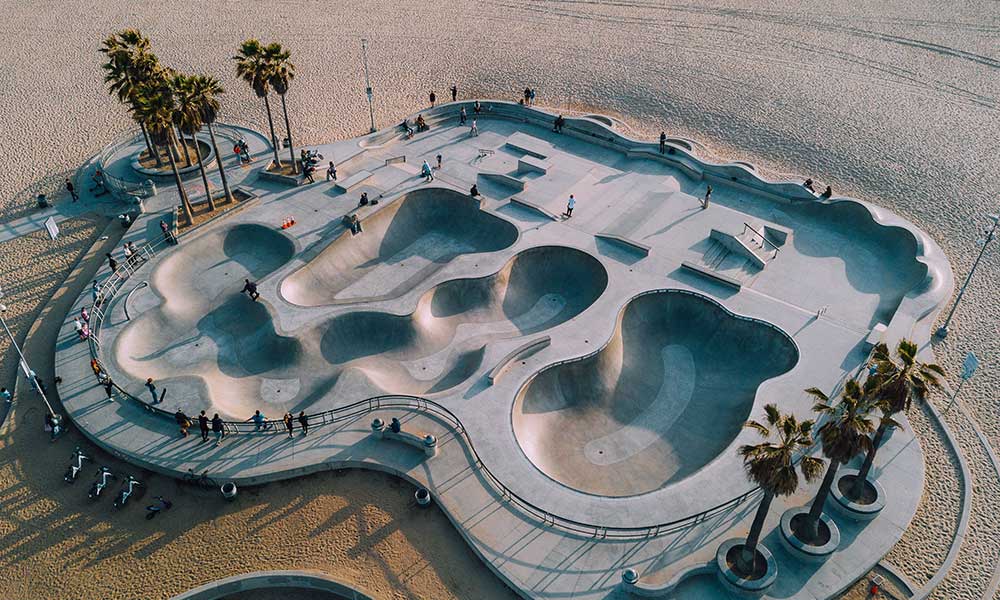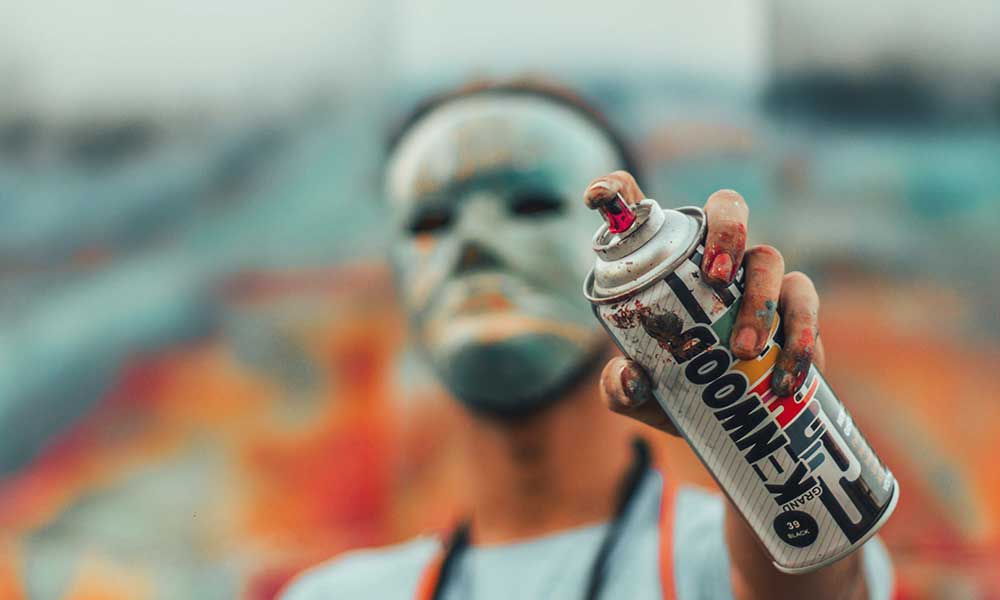Foot and ankle pain is common among skateboarders, ranging from serious fractures to minor bruises and aches. If you have foot pain, check out the article below to find the cause and see what you can do about it.
Is It Normal For Your Feet To Hurt After Skateboarding?
Most skateboarders suffer from occasional foot pain throughout their careers and foot pain is very common in new skaters.
That doesn’t mean you should ignore it, though. It’s true that the pain could lessen and eventually disappear without any intervention, but it could also worsen and lead to a serious issue.
Some of the most common reasons for foot pain include:
Foot and Ankle Fractures
Most fractures will stop you from walking or even standing without a great deal of pain. But there are 26 bones in your foot and depending on the location and severity of the fracture, it could just lead to pain, bruising, and swelling that you only feel with certain stances and movements.
You may have fractured your foot during a fall or when dropping something on it. It’s also possible that you fractured it following a sharp and unnatural movement on your board.
Plantar Fasciitis
Plantar fasciitis is the most common cause of heel pain. It occurs when the tissue that supports the arch of your foot becomes inflamed.
This condition is common in skateboarders due to the way they grip their toes. It’s more common with poor form and weak calf strength.
You can treat the pain of plantar fasciitis with nonsteroidal anti-inflammatory medications and ice packs. Rest is also recommended and there are simple stretching exercises you can do to stimulate recovery.
If you suspect that you have this condition, book an appointment with your doctor to get a proper diagnosis.
Neuroma
Neuromas are pinched nerves. You may have a painful foot or ankle and will also likely feel a tingling and prickly sensation, along with numbness.
Foot and Ankle Sprains
Foot and ankle sprains and tendonitis lead to localized pain, along with stiffness and swelling. They are caused by overuse and constant pressure.
Sprains are acute injuries and will improve with rest. Tendonitis (including Achilles tendonitis) occurs over time and will gradually get worse.
Shoe Problems
Are you wearing skate shoes? If not, that could be the issue.
Skate shoes are designed to support you while you skate. They are hard-wearing and lightweight, but they also feature additional support and protection in key areas.
Properly supportive shoes make a huge difference and could reduce foot, ankle, and even calf pain.
Bad Form
The way you stand and move on the board could be causing your foot pain. Are you twisting your foot as you push? Are you pushing much harder than you need to? Are you locking your legs or feet in awkward positions?
Record yourself skating and pay close attention to your movements before comparing them to those of pro skaters. If you notice any issues, correct them and you may see some improvements.
Inexperience
Most foot and ankle injuries are the result of inexperience. Those twists, turns, and jumps will test your ligaments and muscles. If you’re new to skateboarding, you’ll be using your feet in a way you’ve never used them before.
You may feel a lot of pain after your first long ride, but this should subside within a few days. When you next jump on a board, the pain will likely return the following morning, but again, it will eventually subside.
The more that you skate, the less of an issue these injuries will become.
Just make sure that your painful foot is not the result of a pinching skate shoe, bad form, or ankle and heel conditions before you try to push through.
When Should You Seek Medical Help?
If you experience extreme pain that doesn’t subside, or the pain gradually gets worse despite wearing new skate shoes and changing your form, you should speak with a medical expert.
Although most issues are minor, foot and ankle pain could also indicate a serious injury and if you keep riding through the pain, you could develop a long-term and irreversible issue.
How Can I Prevent Painful Feet and Legs?
There are a few things you can do you limit the risk of lower extremity skateboard injuries and prevent long-term joint, muscle, and bone issues, including:
- Get Some Proper Shoes: Skateboarding shoes make a huge difference, providing they actually fit.
- Wear Protective Gear: Your knees are just as prone to injury as your ankles, so wear knee pads to prevent damage.
- Clear the Area: Remove rocks, stones, and other debris from the area where you’re skating. Make sure you don’t skate in the rain or on any cracks. Those bumps and falls could worsen foot injuries.
- Check Your Technique: Record yourself or ask a more experienced skater to check your technique. Look for awkward twists and movements that could be causing serious harm.
- Rest: If you’re hurting, don’t simply take a bunch of painkillers, apply some ice, and then jump back on the board. That pain could be a sign that you need to rest and give your body a chance to recover.
Does Skateboarding Strengthen Feet?
Skateboarding will make your feet and lower limbs stronger and more resilient.
There is a tradeoff, though. On the one hand, it’ll test muscles in unique ways, but after years and years of skating, they may go the opposite way.
Skateboarding is a physically demanding sport and it takes a lot out of your body.
Summary: Feet and Ankle Pain When Skateboarding
Skateboarding places a lot of pressure on the body, from the minor sprains that occur as a result of the constant jumps to the cuts, bruises, and breaks that result from falls and bails.
A little pain is to be expected, but some pain could indicate a serious problem, suggesting that you need to change your shoes, board, style, or just take a break.
Take care of your feet. Take care of your body. If you do, you could be skating for many years to come.

